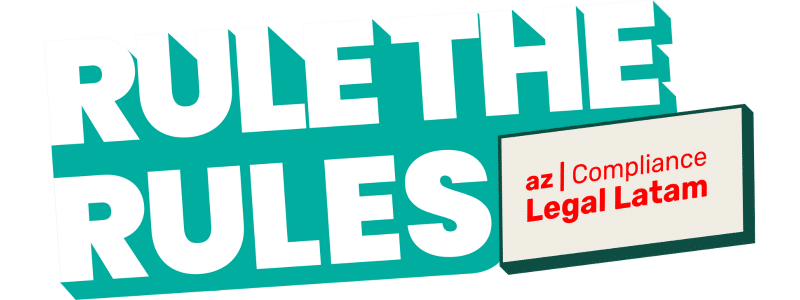This is an interesting pronouncement that establishes the scope of the investigation processes within companies and the importance of their due compliance.
In recent times, there has been a lot of talk about the so-called “Economic Crimes Law“, which creates a series of new offenses and establishes a charge for the company and its directors in the event that any of the offenses included in the reform are proven.
In this context, one of the challenges for business organizations is related to implement internal investigation processes or background collection, which allow them, on the one hand, to act diligently in the face of crime prevention models, but on the other hand, to give due protection to the fundamental rights of workers. This, having as an additional element the role played by the Labor Directorate (DT) to protect, promote and protect the rights of workers.
To this end, many companies have decided to formalize, regulate and establish protocols in case of infractions or unlawful acts occurring within the organization. This implies modeling the administration and management powers of the employer and generating certainty with respect to the protocols to be carried out.
In this context, the case we are commenting on this occasion is related to the reprimand issued to an employee who was reported for situations of alleged harassment at work, reason for which an investigation process was carried out, in which later, the TD also intervened.
On this occasion, the company decided, as part of a mediation process, to adopt a reprimand against the accused worker, who judicially challenged the decision.
Hearing the respective case (Case Rit O-94-2020 of the 2nd Labor Court of Santiago), the judge made an interesting analysis regarding the importance of an investigation process implemented in a company, and the due compliance that must be made with it.
In effect, on this matter she indicated that “as has been proven (…), there is no doubt that the reprimand issued to the plaintiff, which motivates this lawsuit, was issued outside the procedure regulated by the defendant itself to investigate and sanction a complaint contained in its internal regulations“.
It continues “The plaintiff’s reproach is that, by not complying with its own regulations, it would be prevented from applying the sanction, which arose as stated as a result of a complaint from one of the unions and the investigation carried out by the Labor Inspection and the findings of violation of fundamental rights“.
In this sense, the judge determines that “The sanction is presented as an act of force, which directly affects the worker, making him responsible for an affectation with respect to other workers, negatively defining his position within the company. For the same reason, recognizing the subordinate structure of the labor relationship and the power of the employer validated and legally normalized by the employment contract, we must understand that the disciplinary power expresses an act of private self-tutelage of one over another, which in the context of submission and dependence is formulated as an act of violence by the effects it produces“.
“It is essential to answer whether this reprimand is directed within a process that provides guarantees to the plaintiff who was able to exercise an adequate defense, guaranteed at the constitutional level by paragraph 3 of Article 19 of the Constitution, which recognizes the universal prerogative of equal protection of the law, the right to legal defense, the right to be judged by the natural judge, and the right to a fair and rational procedure, guarantee that although it is contemplated for this court, the employer is expected to respect when exercising its disciplinary power and the extreme of a legal defense has not been able to be exercised by the worker, due to the nature of the administrative process and the fact that it was carried out by the Labor Directorate of Iquique, which in the judgment of this court is sufficient to accept the claim“, concluded the court.
This is an interesting pronouncement that establishes the scope of the investigation processes within the companies, the importance of its due compliance in case of being regulated and implemented, being a relevant input for those organizations that are working on their Compliance and Crime Prevention Models.
For more information on these topics, please contact our #azLabor group:
Jorge Arredondo | Partner | jarredondo@az.cl
Jocelyn Aros | Senior Associate | jaros@az.cl
Felipe Neira | Associate | fneira@az.cl
Palmira Valdivia | Associate | pvaldivia@az.cl




